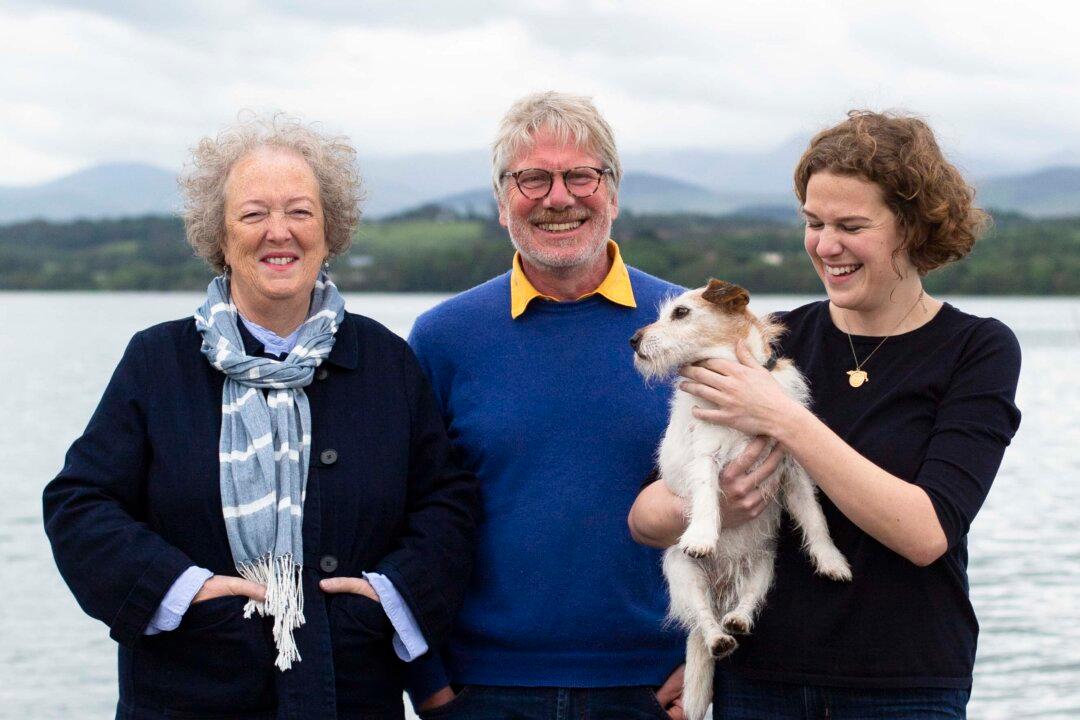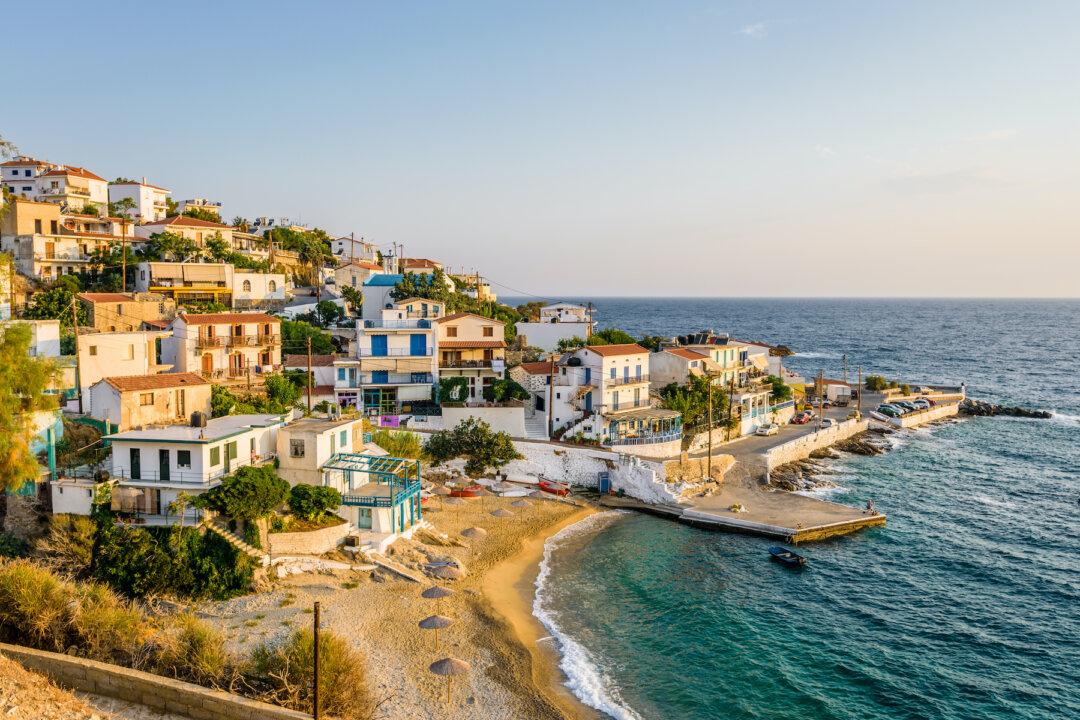“Salt is the most powerful flavor enhancer in any cook’s tool kit,“ Jess Lea-Wilson said. ”To use it only to make food more salty is to do it a huge disservice. Used correctly—and sparingly—it draws out and complements the other ingredients, awakening their sweetness, savoriness, or spice.”
Lea-Wilson is brand manager at Halen Môn, the award-winning sea-salt producer on Anglesey, a tiny island that’s separated from mainland Wales by a thin ribbon of the sea called the Menai Strait. She was still a child when her parents, Alison and David, started their business in 1997. But she can still remember those experimental early days, when saucepans of seawater from the strait would be bubbling on the kitchen stove, waiting for an alchemical miracle that would produce glistening crystals of pure salt.





